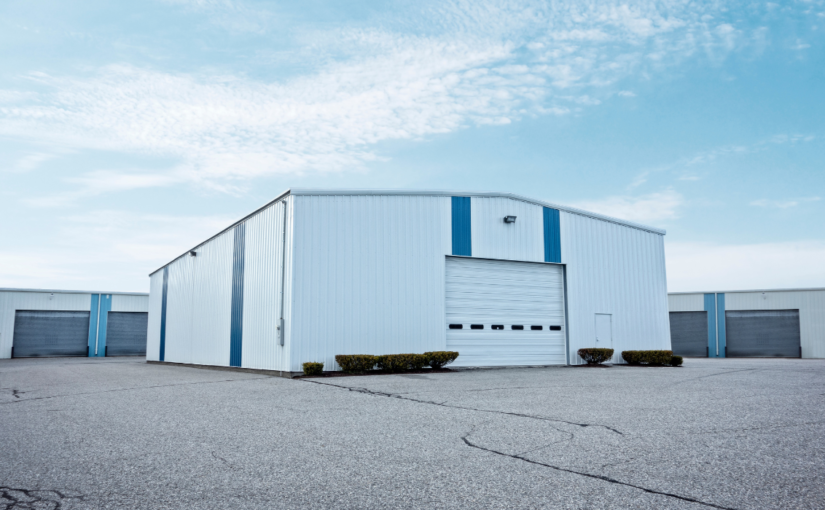back
Navigating Zoning and Permitting Regulations for Industrial Properties
04-2023

Industrial real estate investing can be lucrative, but there are many regulatory barriers to overcome. For individuals who are new to the industry, zoning and permitting rules can be particularly complicated and challenging to understand. In this article, we’ll talk about some of the important factors to take into account when zoning and permitting industrial properties.
Zoning Regulations
The use of land is governed by zoning laws in a specific location. Zoning is used to guarantee that various property kinds are situated in suitable places and to prevent incompatible uses that can cause issues for locals or businesses. Industrial assets are frequently designated for production, storage, or distribution.
Depending on the location of the property, zoning laws can change. While some cities may have severe zoning laws, others could be more lax. To make sure that the intended use of the property is allowed, it is crucial to examine the local zoning laws before making an investment in an industrial property.
Permitting Regulations
Navigating the permitting process comes after the zoning restrictions have been established. Construction, equipment installation, and machine operation are just a few of the industrial property-related activities that call for permits. The kind of permission needed will depend on the activity being done and where the property is located.
It is significant to remember that the permission procedure can be expensive and time-consuming. Plans and specifications in great detail may be needed for permit applications, and many agencies may be involved in the approval procedure. When thinking about making a financial investment in an industrial property, it is crucial to account for the time and expense involved in the permitting process.
Environmental Regulations
Due to the possible impact on the quality of the air and water, industrial sites are frequently subject to environmental restrictions. Permits may be needed for emissions, the discharge of wastewater, and the disposal of hazardous waste, depending on the type of activity carried out on the land. Environmental laws can be complicated and change based on where the property is located.
To make sure that all environmental standards are being followed, it is crucial to collaborate with environmental consultants and regulatory organizations. Property owners may incur high costs as a result of fines and legal action for failing to abide by environmental standards.
Accessibility and Transportation
Industrial sites are frequently situated close to ports, highways, and other major transportation corridors. For businesses that depend on the transportation of goods, accessibility to transportation networks is crucial.
It’s critical to take local transportation possibilities into account while choosing an industrial site. The value of the property can be raised and new tenants may be drawn to it if it is easily accessible to transit routes.
Infrastructure and Utilities
Industrial sites frequently need specialized utilities and infrastructure, such as water and sewage systems, heavy-duty electrical systems, and natural gas connections. It is crucial to confirm that the local utilities and infrastructure can support the property’s proposed use.
When thinking about making an investment in an industrial property, it’s also crucial to examine the cost of utilities and infrastructure. It may be essential to upgrade or build new infrastructure and services, which can be expensive, in order to prepare the property for its planned use.
Industrial real estate investing can be lucrative, but it calls for careful attention to zoning and permitting requirements. While permitting laws control what can be done on the property, zoning laws specify how land can be used in a certain location. Environmental standards, accessibility to transportation networks, and specialized infrastructure and utilities must all be taken into account.
Zoning and permitting requirements for industrial properties can be difficult to understand, but engaging with knowledgeable experts and regulatory bodies can assist ensure compliance and shield you from expensive penalties and legal repercussions. Investors can choose industrial properties wisely and maximize their return on investment by carefully weighing these variables.
F2H Capital Group is a debt advisory firm specializing in negotiating the best terms for your commercial real estate projects. The company offers a range of financial products and services, including fixed loans, bridge loans, and construction loans across all asset types. Please contact us for any of your financing needs.

